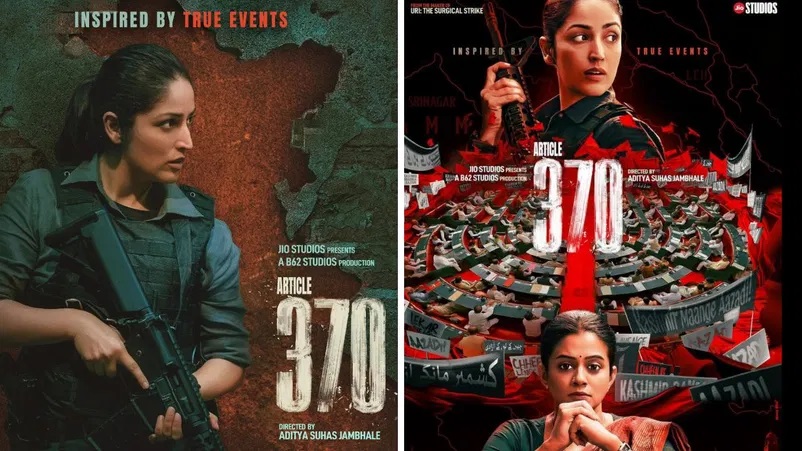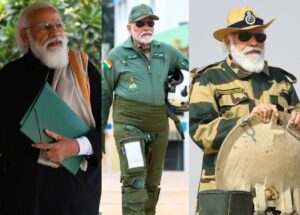Yami Gautam’s latest film ‘Article 370 Movie‘ is enjoying both critical acclaim and commercial success domestically and internationally. The audience and critics alike are lauding Yami Gautam’s performance and the direction of the film. However, amidst the praise, there’s unfortunate news for the makers as the film has been banned in Gulf countries. This ban could potentially lead to significant financial losses for the film as Indian movies typically perform well in the Gulf region.

The Article 370 Movie
‘Article 370’ delves into human experiences within a complex socio-political backdrop. It tackles issues of identity, struggle, and resilience, provoking discussions with its compelling dialogues.
The Article 370 Movie Ban Imposed in Gulf Countries
The ban in Gulf countries has come as a surprise, especially considering the flourishing film industry and tourism promotion efforts in the region. Indian cinema has long been cherished in Gulf households, making the ban on films like ‘Article 370’ not only a setback for cultural exchange but also a contradiction to the spirit of entertainment.

Previous Bans and Patriotic Themes
It’s worth noting that ‘Article 370’ film isn’t the first film to face a ban in Gulf countries. Prior to this, ‘Fighter’, which also depicted a patriotic narrative related to the Indian Air Force, met a similar fate. The banning of these patriotic films raises questions about censorship and accessibility in the global film industry, emphasizing the importance of fostering dialogue and collaboration for a more inclusive cinematic landscape.
Explore Allu Arjun Hair Styles

The Article 370 Movie in Yami’s Character
In the film, Yami Gautam portrays the character of Juni Haksar, an intelligence officer, set against the backdrop of the Valley and the revocation of Jammu and Kashmir’s special status under Article 370.




























